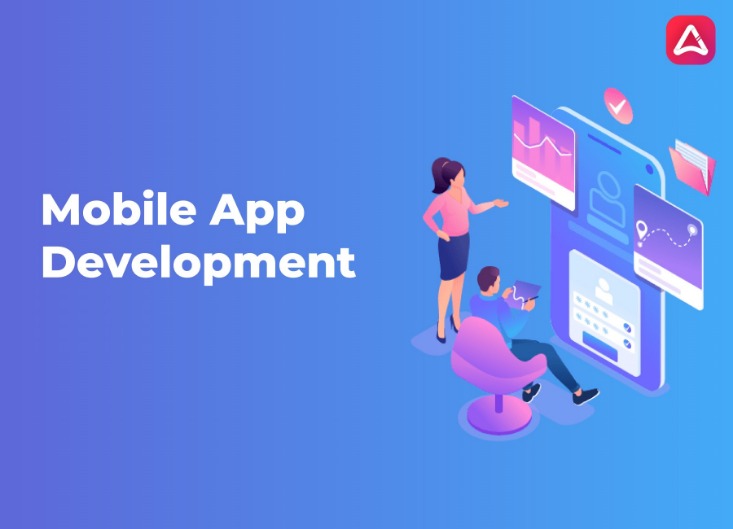
Mobile app development has become a crucial aspect for businesses looking to stay competitive in today’s digital age. With the growing use of smartphones and tablets, mobile apps have become a valuable tool for reaching and engaging customers. From e-commerce to healthcare, mobile apps are revolutionizing industries across the globe.
The Importance of Mobile App Development
Mobile app development allows companies to connect with their customers on a more personal level. With a mobile app, businesses can provide a seamless and convenient experience for users, ultimately leading to increased customer loyalty and retention. Additionally, a well-designed mobile app can help streamline business operations and improve efficiency.
Key Benefits of Mobile App Development
- Enhanced Customer Engagement: Mobile apps provide a direct channel for businesses to communicate and engage with their customers. Through features such as push notifications and in-app messaging, businesses can deliver personalized content to users.
- Increased Revenue Opportunities: With the rise of mobile e-commerce, businesses can capitalize on mobile apps to generate additional revenue streams. In-app purchases, subscriptions, and mobile advertising are just a few ways businesses can monetize their mobile apps.
- Improved Brand Visibility: A well-designed mobile app can help increase brand awareness and visibility. By offering a unique and user-friendly app experience, businesses can differentiate themselves from competitors and attract new customers.
Frequently Asked Questions
Read more about Mobile App Development here.
What is the process of mobile app development?
- Requirement Gathering: This involves understanding the business objectives and requirements for the mobile app.
- Design: The design phase involves creating wireframes and mockups to visualize the app’s layout and user interface.
- Development: Developers then work on coding the app and integrating features and functionality based on the requirements.
- Testing: Testing is crucial to ensure the app functions correctly and is free of bugs and errors.
- Deployment: Once the app has been tested and approved, it can be deployed to app stores for users to download and install.
How long does it take to develop a mobile app?
The time it takes to develop a mobile app can vary depending on the complexity of the app, the features required, and the development team’s expertise. On average, a simple mobile app can take anywhere from 3 to 6 months to develop, while more complex apps can take 6 months to a year or longer.
Overall, mobile app development is a crucial investment for businesses looking to stay competitive and meet the evolving needs of their customers. By leveraging the power of mobile apps, businesses can enhance customer engagement, increase revenue opportunities, and improve brand visibility in a rapidly changing digital landscape.





